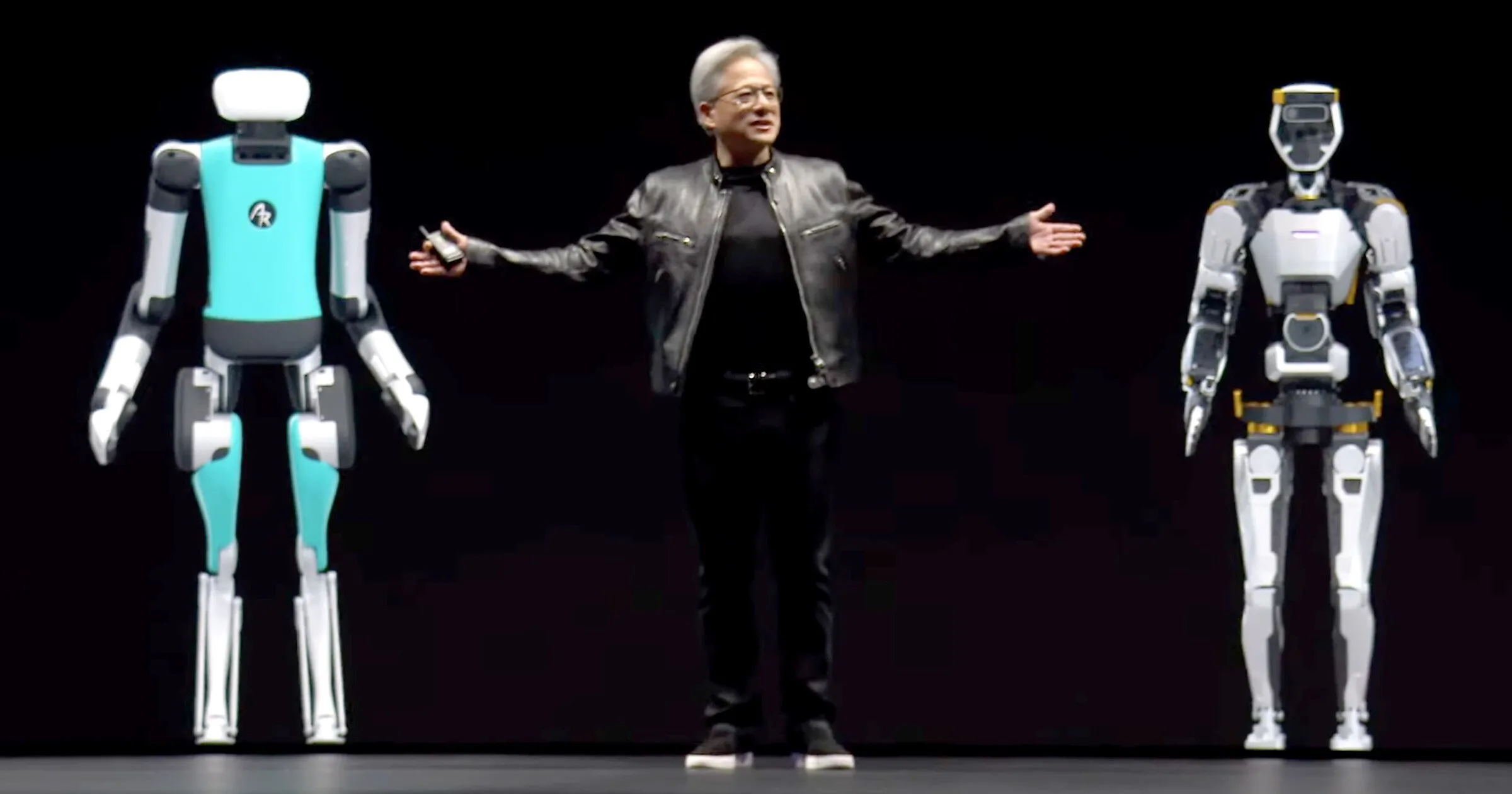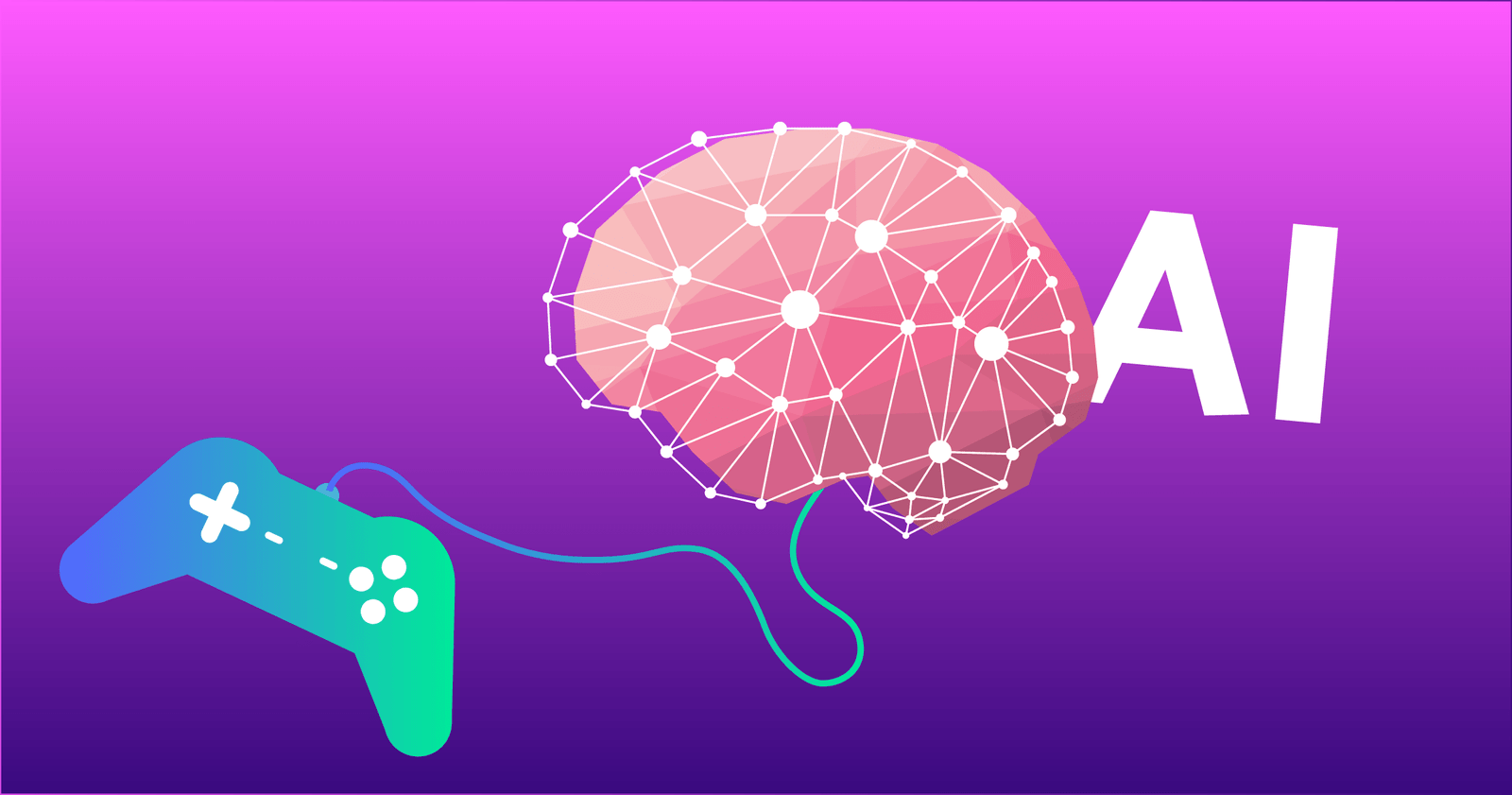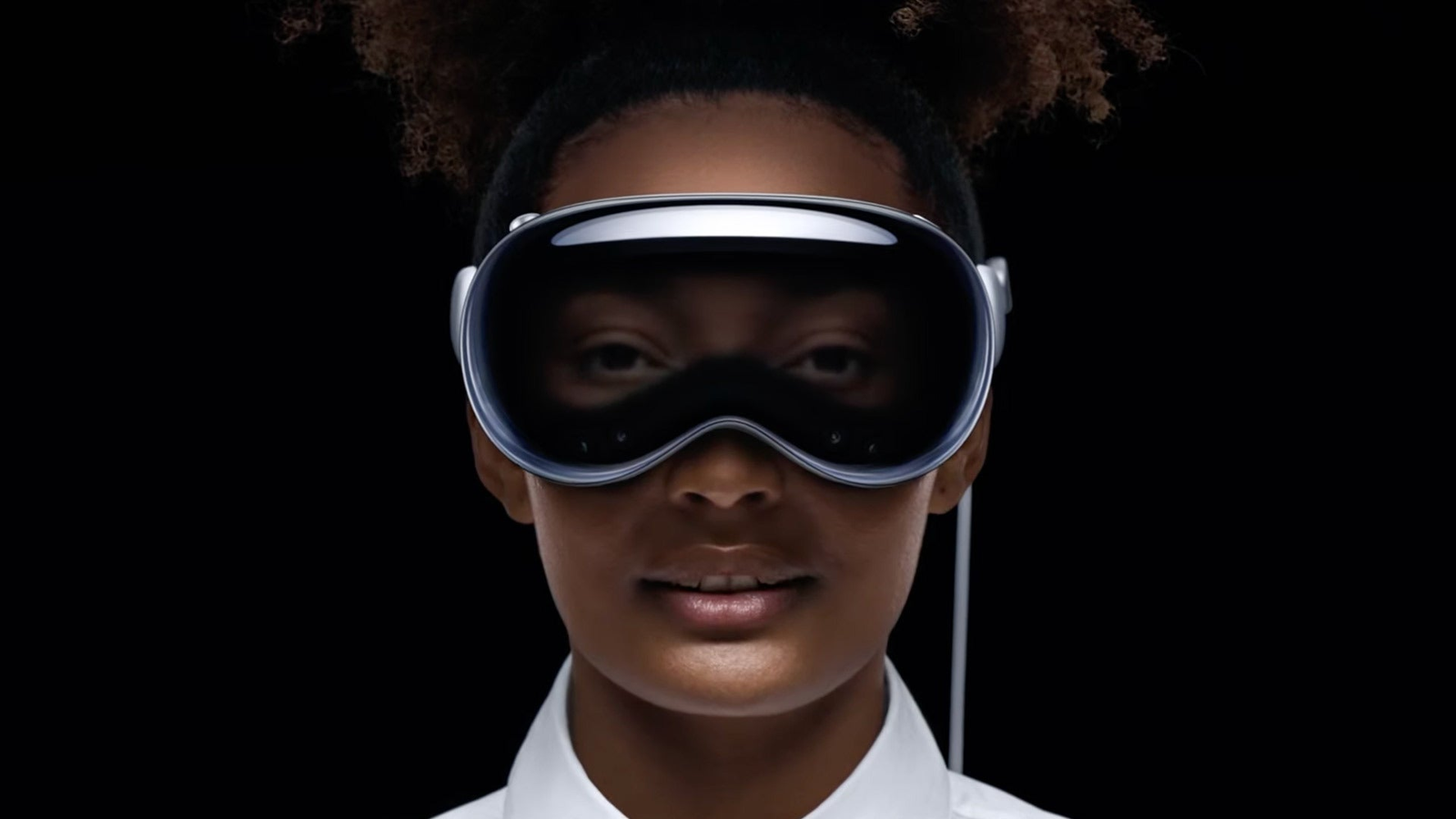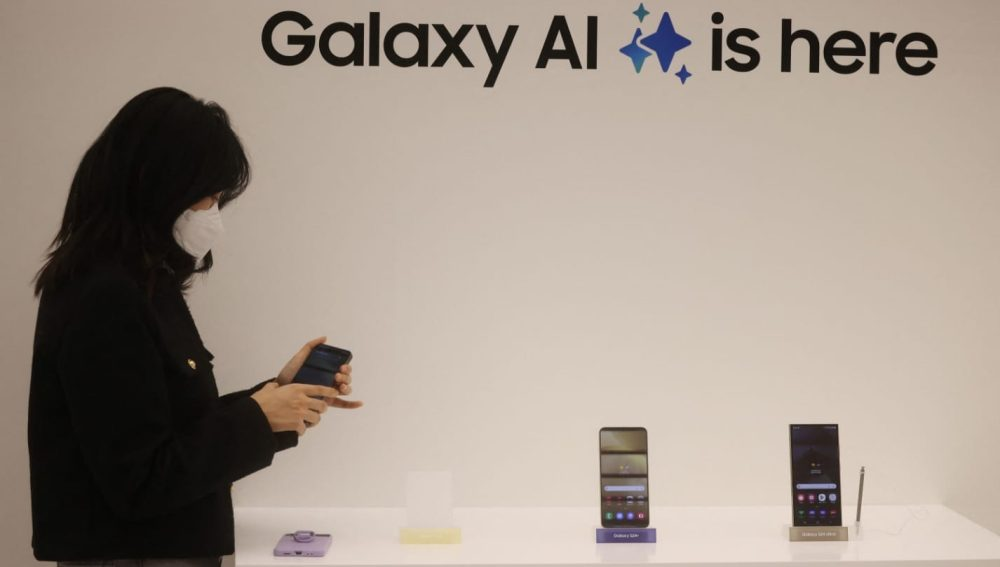Siri’s Evolution and the Declining Need for Standalone AI Gadgets
As voice assistants like Siri become increasingly integrated into our lives, will they render standalone AI gadgets obsolete, or will there always be a niche for specialized devices?”

There have been many technological changes in the past ten years. It has gone from something good to have to a must-have. One of the critical aspects of this upgrade is Siri, which is Apple’s voice assistant. It has made it easy for us to interact with our gadgets, thus rendering standalone AI devices such as Humane AI Pin and Rabbit R1 AI less critical. According to current trends, the global voice assistant market is expected to rise from 36.6% in 2022 to 46.9% by 2025. This shows a massive transition in how we use technology today.
Key takeaways:
- Siri’s evolution has made it more capable of handling complex tasks, reducing the need for standalone AI devices.
- Standalone AI devices have limitations that make them less convenient than smartphones.
- Integrating AI into smartphones raises concerns about privacy and security.
The Rise of Siri: Why AI Gadgets are Facing Extinction
Siri’s Growth: From Simple Voice Commands to a Smart Helper
Siri was launched for the first time in 2011 on iPhone 4S. It could only perform simple tasks like sending text messages and setting alarms. However, Siri has improved by integrating LLMs (Large Language models). This means that it can now understand more complex instructions and queries. Siri has evolved into a listener and participant in numerous types of speech. These advances are not confined to Siri alone, as Amazon Alexa and Google Assistant have made great strides in their development. This is a worldwide improvement due to the voice-assisted technology.
Why Separate AI Devices Will Become Less Popular
If Siri improves as smartphone-based assistants do, there may be less need for standalone AI devices. This is because firms such as Apple are making voice assistants smarter. For instance, smartphones can perform the same functions as standalone AI devices more efficiently and conveniently. Consequently, some individuals may use their mobile phones instead of acquiring different equipment for executing AI tasks.
Navigating the Challenges in Standalone AI Devices

Despite being advanced, standalone AI devices, such as Humane’s AI Pin, designed by former Apple employees, are still limited in certain aspects. They have limitations on silent environments and live shows, although they offer advanced voice assistance and are touted as potential smartphone replacements. This shows how smartphones still have the edge over AI standalone in convenience and adaptability.
Opinion: The Double-Edged Sword of AI Integration
Siri’s integration with Large Language Models in smartphones represents a step towards more intuitive technology that provides users with personalized experiences. However, this development also concerns excessive dependence on one platform and the dangers of consolidating AI functions within our phones. It is important to strike a balance between such progress and different technological advances so that we do not limit innovation or compromise privacy and security as we continue relying on mobile phones.
FAQ:
Q: What is Siri’s evolution and why does it matter?
Siri’s evolution refers to the improvement of Siri’s capabilities and features over time, especially with the integration of new language models that can understand and generate natural language. It matters because it shows how voice assistants on phones can become more powerful and versatile, potentially replacing other AI gadgets with limited functionality.
Q: What are standalone AI gadgets and what are their drawbacks?
Standalone AI gadgets, such as the Humane Pin and the Rabbit R1, use artificial intelligence to provide voice-based interactions with users. Their drawbacks are that they cannot handle scenarios requiring texting, navigation, or app connectivity and may not be as accurate or reliable as voice assistants on phones.
Q: How will the rumored large language model on the Apple Watch make Siri better?
The rumored large language model on the Apple Watch enables Siri to understand and answer imperfect requests, such as “Play that song that goes like this” or “Show me the best deals for flights to Hawaii”. It will improve Siri by providing more natural, personalized responses and seamless integration with iPhone and other Apple devices.
Q: What are the benefits and challenges of using voice assistants on phones?
The benefits of using voice assistants on phones are that they can provide users convenience, productivity, and entertainment by performing tasks faster, accessing information easier, and enjoying personalized content. The challenges of using voice assistants on phones are that they may not always work as expected, that they may pose privacy and security risks, and that they may require users to trust the AI’s actions.
Q: Why are standalone AI devices becoming less popular?
Standalone AI devices are becoming less popular because Siri is more capable of handling complex tasks, and smartphones are more convenient.
Q: What are the challenges with standalone AI devices?
Standalone AI devices have limitations in silent environments and live shows.
Q: What are the concerns about integrating AI into smartphones?
The concerns about integrating AI into smartphones include excessive dependence on one platform and the dangers of consolidating AI functions within our phones.
Read More:
Everyone Performing at the 2024 Super Bowl
Selena Gomez and David Henrie Reunited in Wizards of Waverly Place sequel series

















